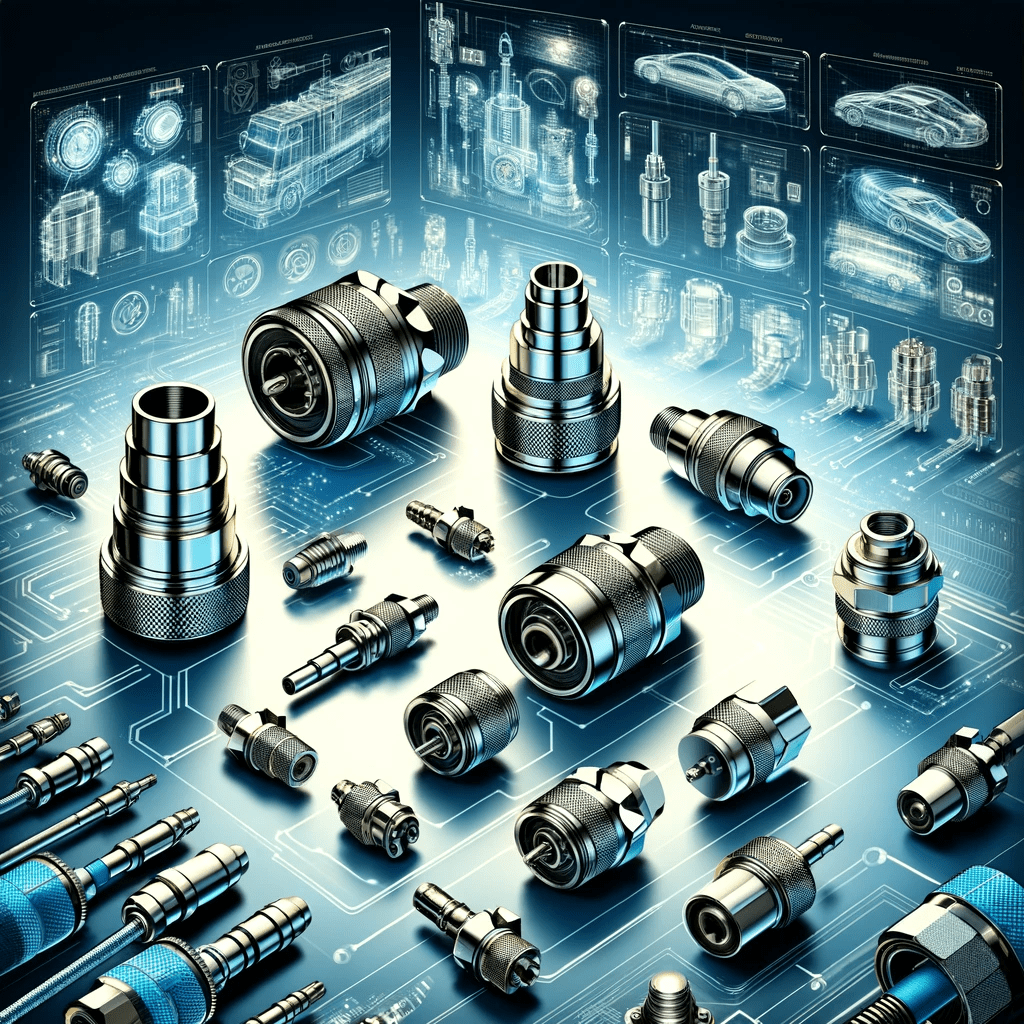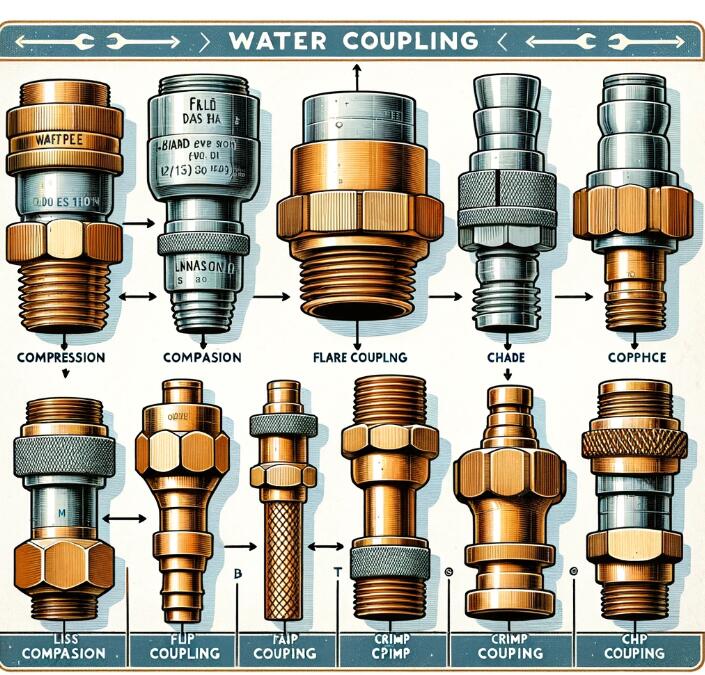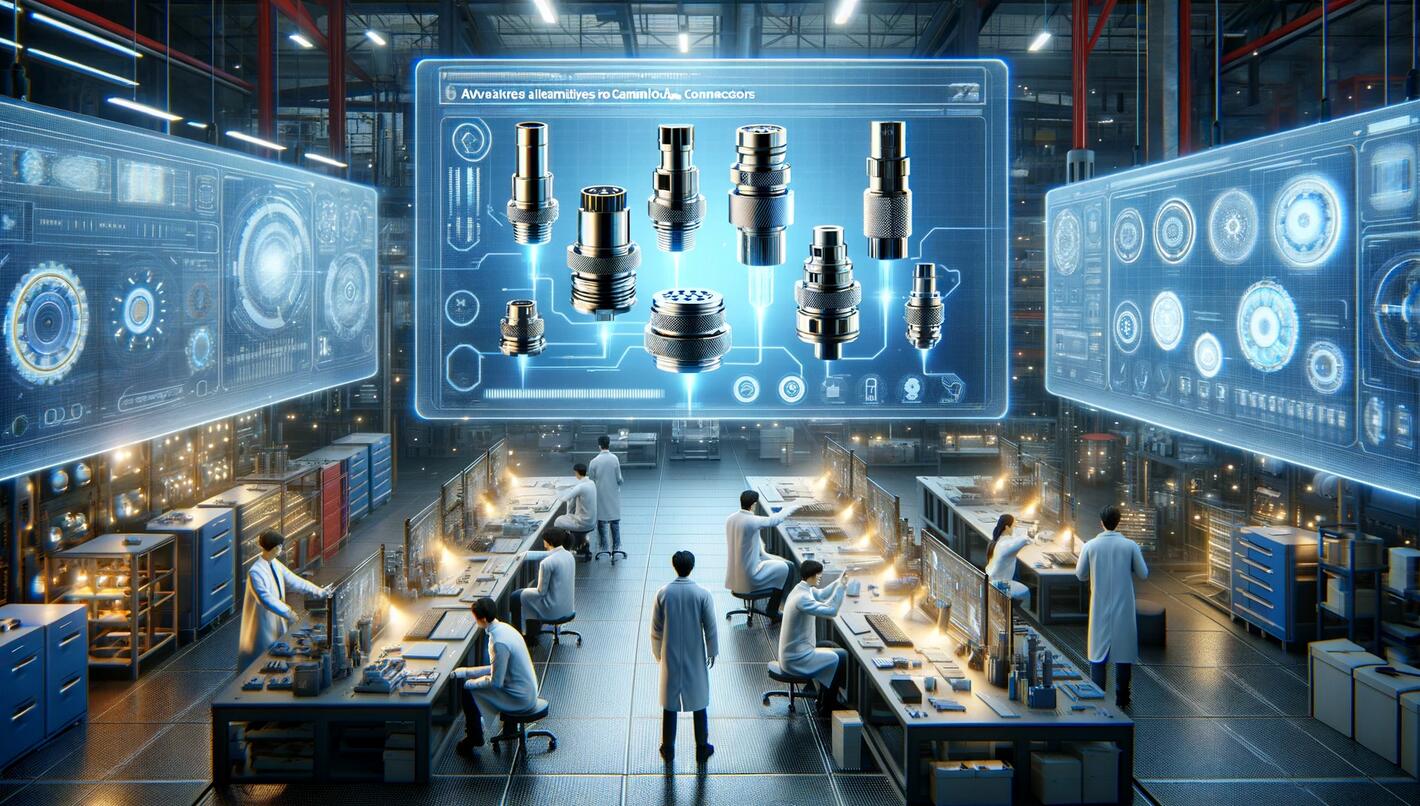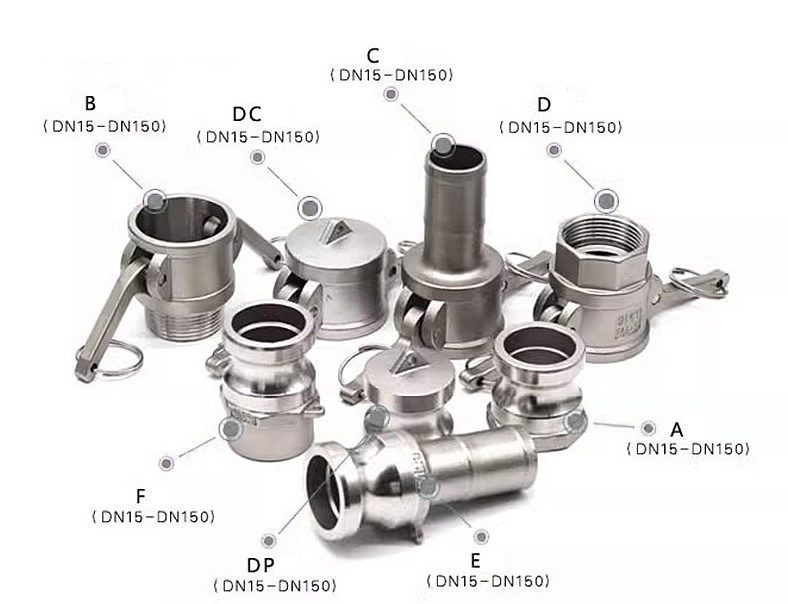
Coupler Adapter: The Essential Link for Seamless Connectivity
In the world of connectivity and mechanics, the role of a coupler adapter is often understated yet pivotal. Serving as a bridge between two different systems or components, coupler adapters are integral in a variety of applications, from intricate electronic devices to robust industrial machinery. This article delves into the essence of coupler adapters, their types, applications, and tips for choosing the right one, providing a comprehensive understanding for professionals and enthusiasts alike.
Understanding Coupler Adapters
Coupler adapters are mechanical or electronic components that connect two separate parts, often of different sizes, shapes, or functionalities. They ensure a secure, stable, and effective connection, facilitating power transfer, data, or fluids. The adaptability and versatility of these adapters make them indispensable in numerous fields.
Several coupler adapters are categorized based on their application and function. Hydraulic coupler adapters are used in fluid power systems, electrical coupler adapters in power and data transmission, and mechanical coupler adapters in machinery and automotive applications. Each type has its unique design, material composition, and operational mechanism to suit specific requirements.
Applications of Coupler Adapters
The ubiquity of coupler adapters across industries underscores their importance. For instance, in the automotive sector, coupler adapters connect different parts of a vehicle’s transmission system. They ensure the smooth transfer of power from the engine to the wheels, enhancing efficiency and safety.
In the realm of information technology, coupler adapters play a critical role in networking. They enable the connection of diverse hardware components, facilitating seamless data transmission. For example, fiber optic coupler adapters are vital for high-speed internet connections, linking fiber optic cables with different connectors.
The healthcare industry also benefits from the precision and reliability of coupler adapters. They are used in various medical devices, such as diagnostic imaging machines, ensuring secure connections between complex components.
One notable case study uses hydraulic coupler adapters in the construction industry. These adapters have revolutionized hydraulic systems in heavy machinery, such as excavators and bulldozers, by providing quick and reliable connections for hydraulic hoses, significantly reducing downtime and improving operational efficiency.
Choosing the Right Coupler Adapter
Selecting the appropriate coupler adapter ensures optimal performance and safety. The primary factors to consider include material composition (e.g., brass, steel, or plastic), which determines the adapter’s durability and suitability for specific environments; size and compatibility with the existing systems; and operational requirements, such as pressure ratings for hydraulic adapters.
Experts advise against common mistakes like overlooking compatibility issues or disregarding environmental factors. For instance, using a non-corrosion-resistant adapter in a moisture-rich environment can lead to premature failure.
Additionally, advancements in technology have introduced features like smart adapters with built-in sensors for real-time monitoring, enhancing functionality, and predictive maintenance capabilities.
Innovations and Trends
The landscape of coupler adapters is continually evolving, driven by technological innovations and market trends. Recent advancements include the development of eco-friendly materials, contributing to sustainability, and the integration of IoT technology in adapters, enabling enhanced connectivity and data analytics.
One emerging trend is the increasing demand for customizable adapters, tailored to specific applications and industries. This bespoke approach ensures greater compatibility and efficiency, catering to the unique needs of various sectors.
The future of coupler adapters is geared towards increased automation and smart functionalities. With the rise of Industry 4.0, adapters equipped with advanced sensors and wireless communication capabilities are set to become the norm, paving the way for more intelligent and interconnected systems.
Maintenance and Safety Guidelines
Maintaining the integrity and functionality of coupler adapters is crucial for the longevity of the systems they connect. Regular maintenance involves routine inspections for wear and tear, especially in high-stress environments. For instance, hydraulic coupler adapters in industrial machinery should be checked for leaks and corrosion, which could significantly impact system performance.
Safety is paramount when dealing with coupler adapters, particularly in high-pressure or electrical connection applications. Proper installation is key to preventing accidents. Users should adhere to manufacturer guidelines and consider professional assistance for complex systems. Ensuring compatibility with power ratings and avoiding overloading is essential for electrical adapters to mitigate risks of electrical fires or equipment damage.
Troubleshooting common issues like leaks in hydraulic adapters or connectivity problems in electrical adapters should be approached methodically. Identifying the root cause is the first step, followed by appropriate corrective measures, which may range from tightening connections to replacing faulty components.
Coupler adapters, though small and often overlooked, play an integral role in the functionality of various systems across multiple industries. Their importance cannot be overstated, from ensuring the smooth operation of heavy machinery to facilitating high-speed data transmission. This article has provided a comprehensive guide to understanding, selecting, and maintaining these vital components, along with insights into the latest trends and innovations shaping their future.
As technology evolves, the role of coupler adapters will become more complex and integral. Staying informed about new developments and best practices is essential for professionals and enthusiasts who rely on these components. Whether in industrial, automotive, IT, or healthcare applications, coupler adapters will continue to be the unsung heroes, silently ensuring seamless connectivity and efficient operation.





